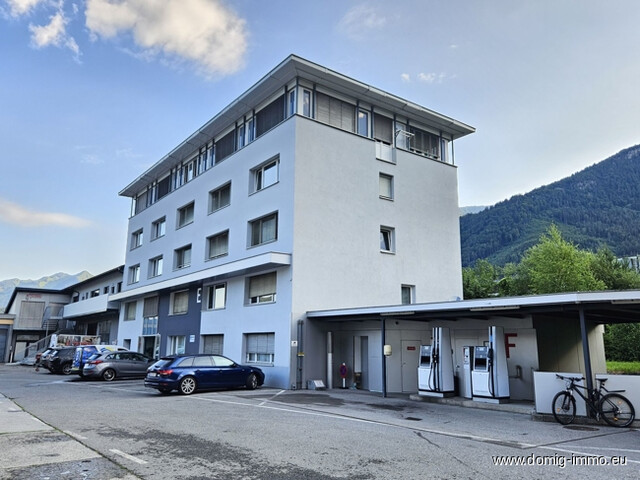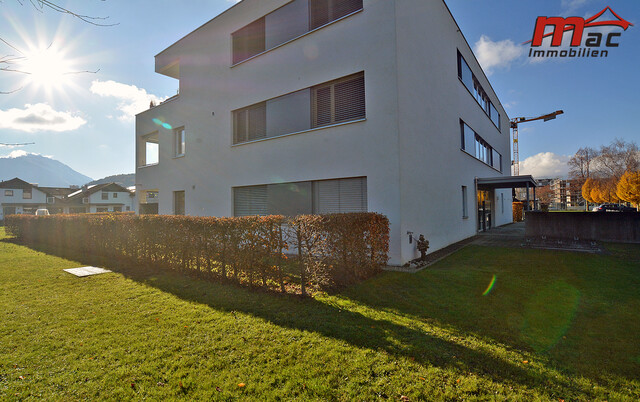Viennese Researcher Sees Reduced Meat Consumption as Key to Climate Protection

Having schnitzel on the plate less often would be one of the simplest methods for individuals to do good for the climate and themselves. "It's not about everyone becoming vegetarians. It's enough if everyone simply reduces their meat consumption a little," said the scientist for sustainable consumption behavior research at the University of Natural Resources and Life Sciences, Vienna (Boku), Laura Maria Wallnöfer, on the sidelines of the World Climate Conference COP30 in Belem.
The researcher, who came to Brazil as an observer for the Climate Change Center Austria (CCCA), deals extensively with the individual scope of action in the fight against global warming. And Austrians have significantly more influence with their purchasing and consumption behavior than is sometimes thought by the public, according to Wallnöfer - especially with nutrition.
Methane enters the atmosphere through cow burps
Last year, meat consumption in Austria increased by 0.4 kilograms to 58.0 kilograms per capita, according to Statistics Austria. Significantly more than recommended by the Agency for Health and Food Safety (AGES). Of this, almost ten kilos - particularly climate-damaging - beef and veal were consumed domestically. About one-third of global methane emissions come from livestock farming. Cows produce methane during the digestion of feed, which enters the atmosphere through burps during rumination. "About one-third of all human-caused greenhouse gas emissions are attributable to food production and resulting dietary patterns," according to AGES.
Especially in terms of nutrition, people have a lot of room for maneuver, according to Wallnöfer, because we buy our food very often and relatively cheaply. Changes in housing, heating, or mobility are much more difficult to implement due to investment costs alone.
The first step counts
"The most important thing is the first, even very small step. Because in the best case, you serve as a role model for friends and family. This way, you can further increase the impact on the climate and thus for a good life," said Wallnöfer.
Especially in terms of meat consumption, the population in the Global North, a term for politically and economically privileged, highly developed countries with great wealth, can have a significant influence on the less privileged Global South. "In countries like Austria, people can have an impact on deforestation in the Amazon and the Cerrado, the moist savanna in the interior of southeastern Brazil, caused by soybean cultivation as animal feed, through their daily decisions about purchasing beef."
COP30 - Researcher: Less Meat Consumption is Good for the Climate
Other important levers besides eating less beef are also seasonal and regional shopping and, above all, reducing food waste. According to official figures, one million tons of food waste or 800 euros per household end up in the trash annually in Austria.
In all discussions about behavioral changes and possible restrictions, the socio-economic background must always be considered, according to the scientist. People with higher incomes have, according to Wallnöfer, more - also negative - climate impacts. And thus more responsibility to modify their behavior. "We must also conduct the debate according to status, which determines the scope of action."
It is clear only that in Austria practically all people live beyond the planetary boundaries in terms of meat consumption. "In Austria, it must be possible to meet one's needs in a climate-friendly way."
(APA/Red)
This article has been automatically translated, read the original article here.
Du hast einen Hinweis für uns? Oder einen Insider-Tipp, was bei dir in der Gegend gerade passiert? Dann melde dich bei uns, damit wir darüber berichten können.
Wir gehen allen Hinweisen nach, die wir erhalten. Und damit wir schon einen Vorgeschmack und einen guten Überblick bekommen, freuen wir uns über Fotos, Videos oder Texte. Einfach das Formular unten ausfüllen und schon landet dein Tipp bei uns in der Redaktion.
Alternativ kannst du uns direkt über WhatsApp kontaktieren: Zum WhatsApp Chat
Herzlichen Dank für deine Zusendung.








